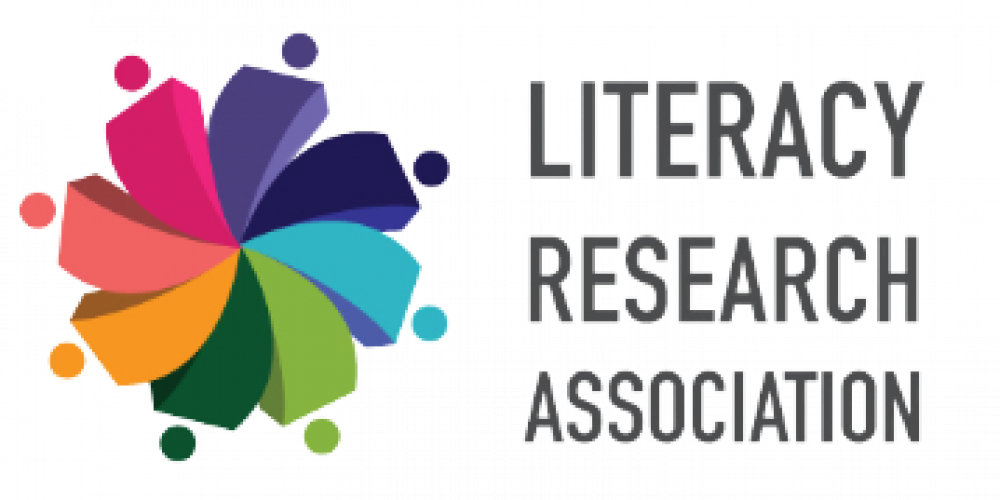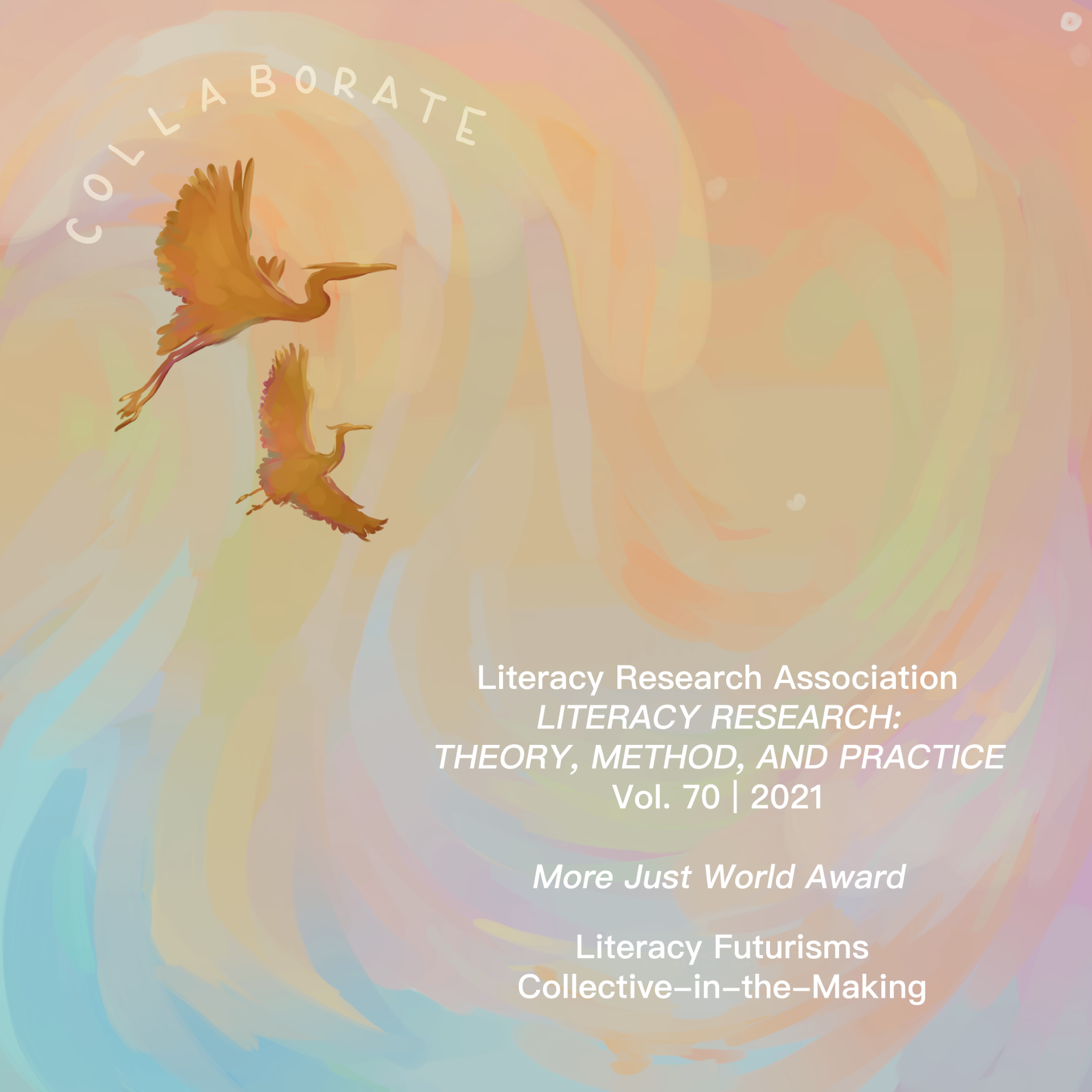Literacy Research: Theory, Method, and Practice
CALL FOR EDITORS
Application Deadline Extended to May 15, 2022
The Literacy Research: Theory, Method, and Practice (LR:TMP), a publication of the Literacy Research Association (LRA), is seeking applications for a new editorial team to begin their official term of service in the fall of 2023 starting with Volume 73.
LR:TMP is a largely peer-reviewed annual journal that publishes contemporary research and aims to promote discussion and constructive critique about key areas of literacy research, policy, and practice. Manuscripts published in the journal highlight research presented at the Annual Meeting of the Literacy Research Association and inform literacy theory, methods, and practices in the field.
- Editors serve a four-year term with no more than two terms served consecutively. Current editorial teams (or portions of teams) who are interested in a second four-year term must reapply through the regular process.
- Editors submit mid-year and annual reports to the Publications Committee, LRA Board, and Executive Committee in April and November each year.
- The new editorial team works with the outgoing LR:TMP editorial team and the LRA Publications Committee to facilitate a smooth transition period.
Application Procedures
Complete applications are due to the LRA Publications Chair, Melody Zoch, mzoch@uncg.edu, no later than May 15, 2022. Editorial teams may be formed in one of two ways: 1) interested individuals may apply and an editorial team will be formed based on grouping together these individuals or 2) editorial teams may be proposed as part of the application. Teams are encouraged to develop an editorial team diverse in a number of respects (e.g., theoretically, methodologically, professorial rank, racial background), while bearing in mind the logistical challenges of including a large number of people and institutions.
All applicants are required to e-mail the following documents (Maximum 10 single-spaced pages for items 2-7) as a single PDF or MS Word file (Label file as Lastname, Firstname, LR:TMP Editor Application).
- Letter of Intent: Include a brief letter of intent to serve as LR:TMP editor(s). Include full name, title affiliation, and contact information. For editorial teams, this information should be provided for each member.
- Vision and Goals for LR:TMP. Include a description of the individual’s or editorial team’s vision and goals for the journal, including an assessment of the journal’s strengths and areas for improvement. Please consider including strategies for potentially engaging LRA membership in conversations including and beyond the publication of the LR:TMP volume (e.g., a once-a-semester podcast or webinar with LR:TMP authors).
- Prior Editorial Experience: Include a description of prior editing experience for each individual.
- Collaboration and Teamwork. Include a description of the individual’s or editorial team’s approach to teamwork and collaboration relative to editorial work.
- Institutional Support: Include a description of how the individual’s institution might support the work of the editorship if applicable (e.g., course release, financial support, reduction of committee work, graduate assistantship, office space, technology support, and support for travel to the conference).
- Review Processes and Procedures. Include a description of the individual’s or editorial team’s proposed manuscript review processes and procedures, including their strategies for developing a substantial and diverse pool of reviewers.
- Proposed Budget: LRA is poised to offer financial support for the editorial board, which could include covering conference registration fees for each editorial member, providing funds for a Graduate Assistant, and/or covering one course release per year for one team member each year. Attach a detailed budget with a justification for anticipated costs associated with editing the journal to be covered by LRA.
- Curriculum Vitae: Attach for each individual.
- Letters of Support: Attach letters of support from each individual’s institution indicating the level of support offered should the individual or team be chosen (a single letter is sufficient if all applicants are from the same institution). Letters are recommended but not required for supporting/assistant editors.
For questions regarding the Call for LR:TMP Editors, contact Melody Zoch, Chair of the Publications Committee mzoch@uncg.edu.





